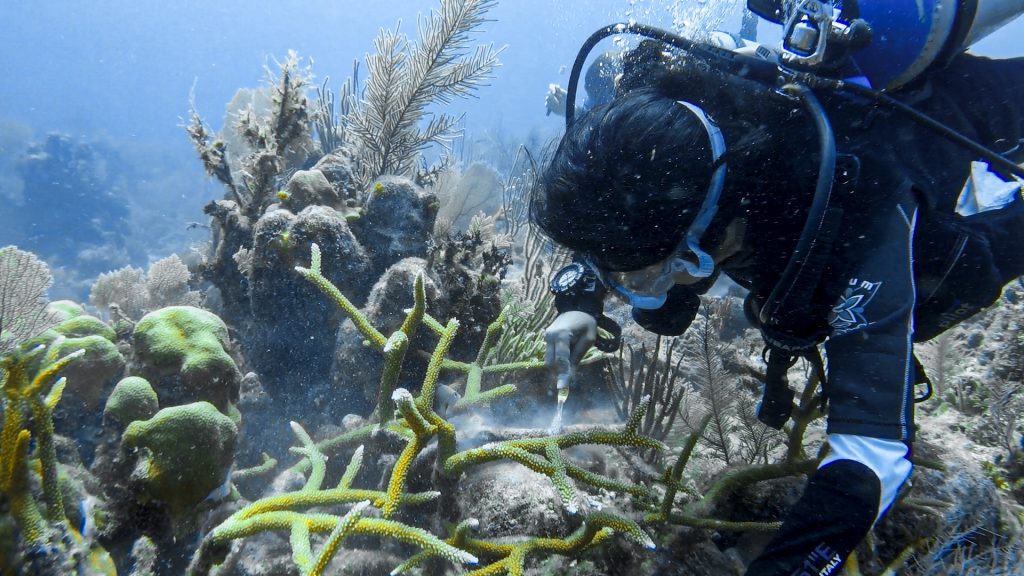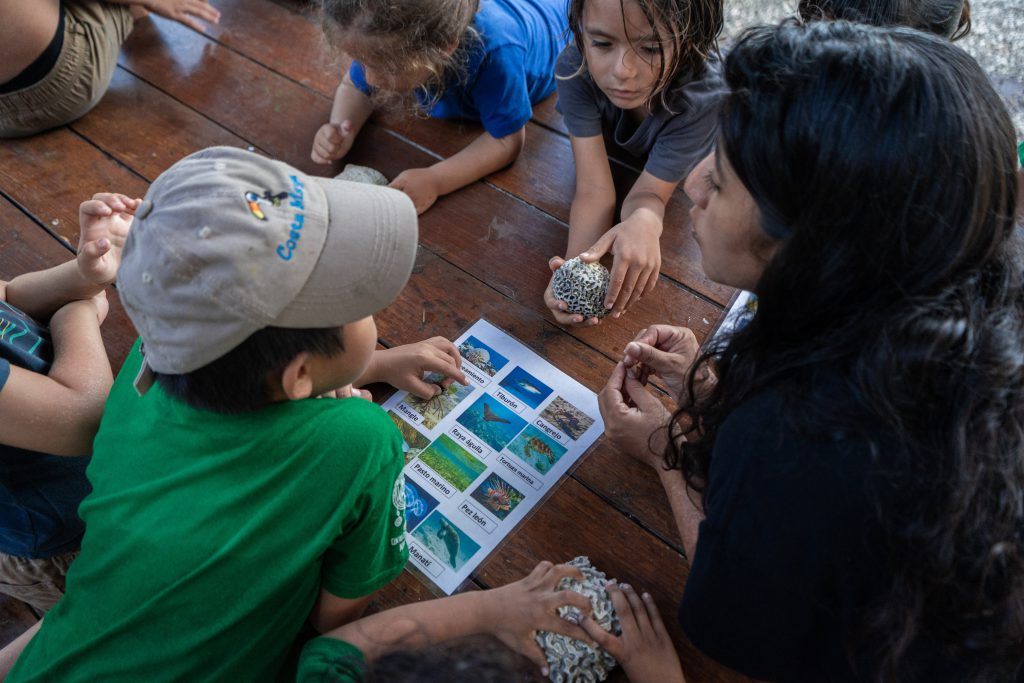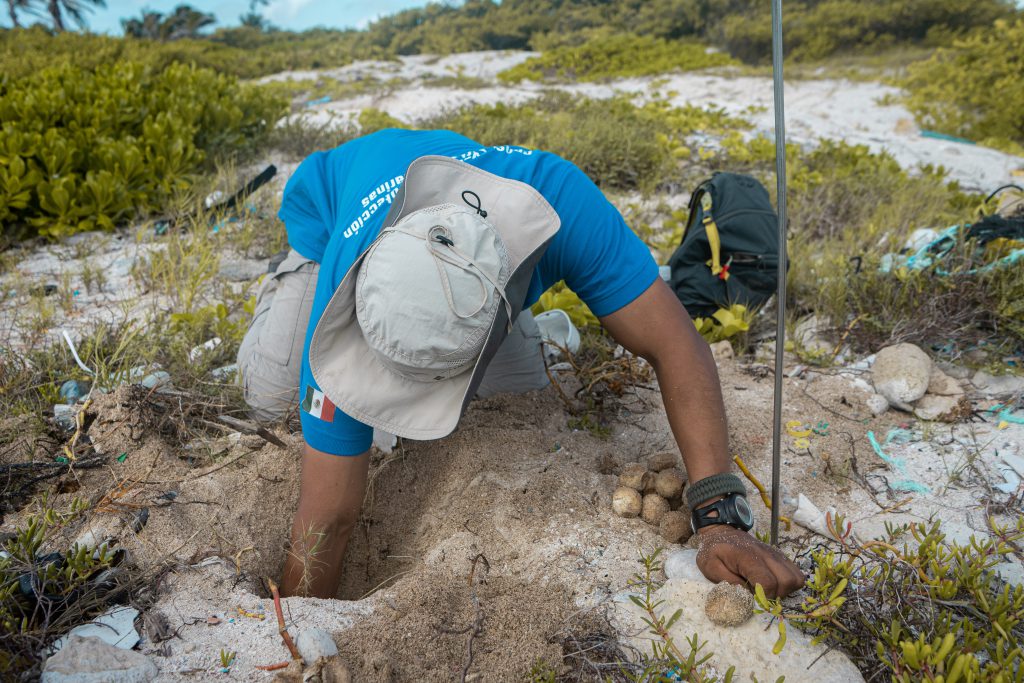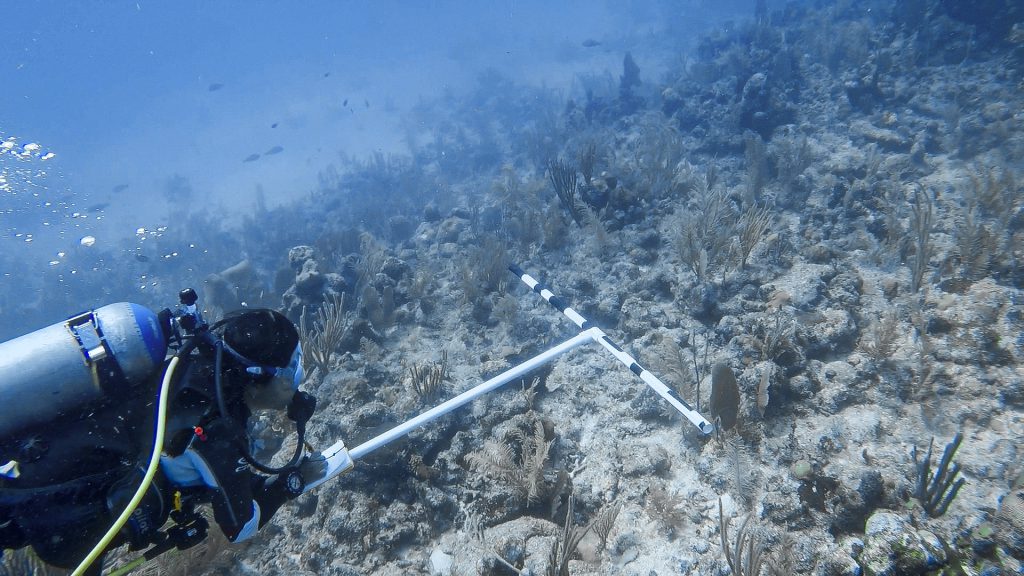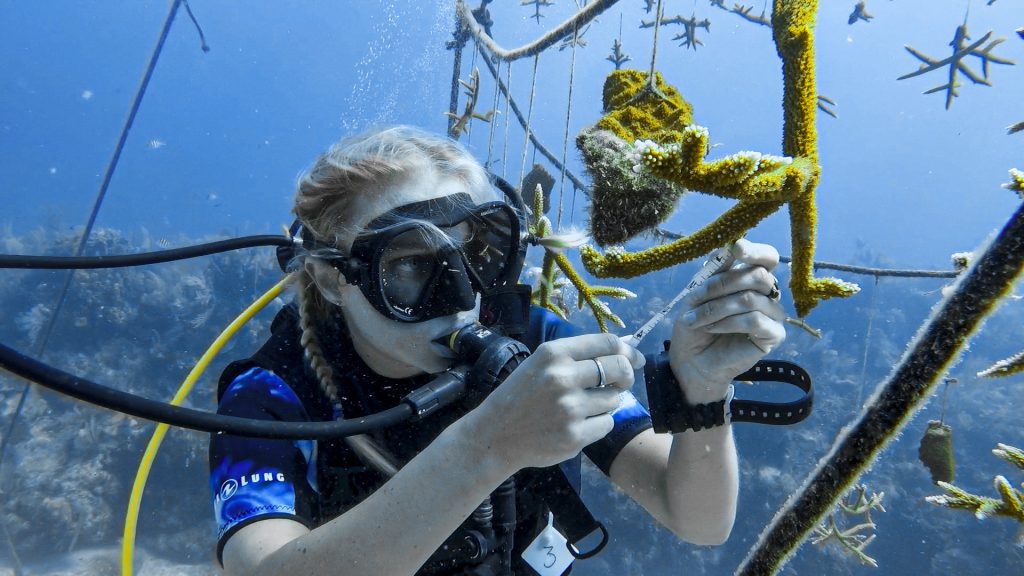Restoring nature while empowering communities
The Marine Resilience & Sustainability Center (MARES) is dedicated to restoring the biodiversity of the Caribbean Sea in response to the urgent need for action.
MARES Center, formerly Takata Research Center, was founded at the end of 2016 with the mission to contribute to the conservation and restoration of Mahahual’s coastal ecosystems. Over the years, it has evolved into a recognized and thriving research center in the south of Quintana Roo, driven by a passionate team of researchers, conservationists, environmental managers and educators.
We envision Mahahual as a destination where ecotourism fuels sustainable development. We aspire to create a place where environmental conservation and restoration are the foundation of development initiatives, emphasizing inclusion and respect for the local community. Since 2016, MARES Center has implemented various programs and projects focusing on conservation and restoration, actively involving the local community. Our goal is to protect Mahahual’s biodiversity, natural environments, and restore the ecosystems and wildlife within.
Our mission: to protect marine biodiversity through education, research and conservation.
Our vision: to create a sustainable community to ensure the future of our oceans.
MARES Center is committed to effective collaboration with the local community and government, organized around five pillars:
- Research
- Ecosystem conservation and restoration
- Integrated environmental management
- Environmental education
- Empowerment of the local community
Our most significant achievements include:
- Restoring 10,000m2 of degraded reef to a thriving and biodiverse state.
- Collaborating with the community to raise awareness and drive change.
- Launching the Mahahual Marine Restoration Lab in collaboration with the key Mexican organizations dedicated to reef conservation.
- Engaging with the private and public sectors to promote sustainable development.
- Welcoming volunteers and interns from universities worldwide, fostering a global community dedicated to marine conservation.
